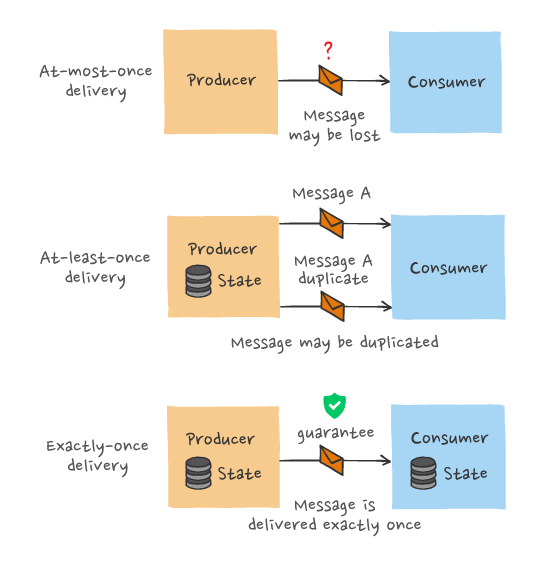Threads + RPC (Go context)
Why Go?
- threads support
- convenient RPC
- type safe
- GC
- not too complex
Thread of execution
- goroutines = threads
single thread = sequential programming (own PC, stack, registers)
threads share memory with other threads (like heap, global variables)
start using go keyword, exit = end of function
Why threads?
We want to express concurrency
- I/O concurrency
Client sends requests to many servers in parallel and waits for replies. Server processes multiple client requests; each request may block. While waiting for the disk to read data for client X, process a request from client Y.
- Multi-core parallelism
Execute code in parallel on several cores.
- Convenience
In background, once per second, check whether each worker is still alive.
Threads challenges
- race conditions
avoid sharing, use locks, channels (go have
-racedetector)
- coordination
channels, condition variables
- deadlocks
cycles via locks and/or communication
Go and challenges
- channels (nosharing)
- locks + condition variables (shared memory)
RPC (remote procedure call)
Goal: RPC ~= local procedure call, easy-to-program client/server communication
Client: z := fn(x, y)
Server: func fn(x, y int) int { ... }
- hide details of network protocols
- convert data (strings, arrays, maps, &c) to "wire format"
- portability / interoperability
Client -> stub(which function is called, which args) -> marshalling -> network -> unmarshalling -> server stub -> exection on server -> reverse process to client
stubs are automatically generated
RPC semantics under failures

- At-most-once semantics: send once and forget about it (0/1)
- At-least-once semantics: send until you don't get a reply (1/1+), duplicates are possible, need to make a request idempotent if want exactly-once semantics
- Exactly-once semantics: guarantee that each request was processed exactly once (1), hard to achieve
Go RPC is a simple form of "at-most-once"
RPC != PC (procedure call), because of failures